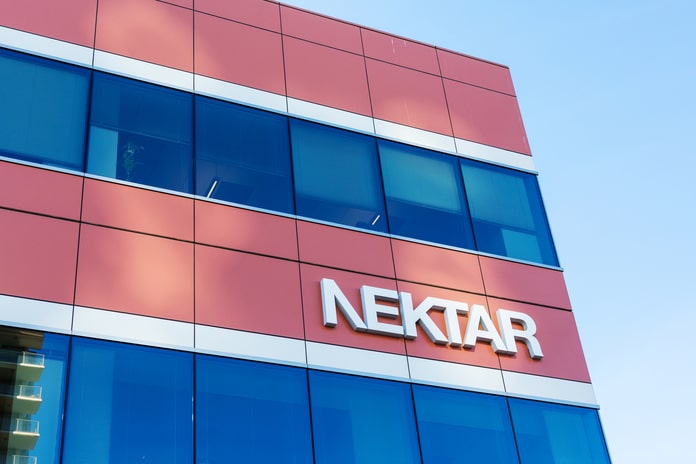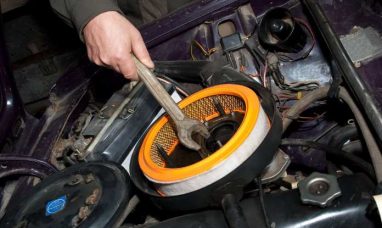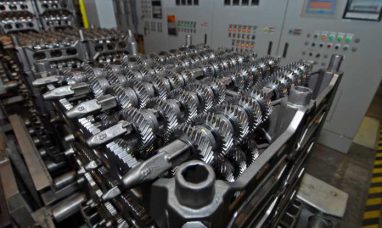On Monday, JP Morgan reduced clinical-stage biopharma Nektar Therapeutics (NASDAQ:NKTR) from Neutral to Underweight after the firm announced 2Q 2022 results showing progress following the conclusion of the trial program for anti-cancer medicine bempegaldesleukin. In April, Nektar (NASDAQ:NKTR) and Bristol Myers Squibb (NYSE:BMY) announced the completion of the global clinical development program for Opdivo, a medication combination comprised of Nektar’s (NASDAQ:NKTR) bempegaldesleukin and Bristol’s (NYSE:BMY) PD-1 immune checkpoint inhibitor.
The business will focus on other pipeline assets, including fully owned anti-cancer agent NKTR-255 and Eli Lilly (NYSE:LLY)-partnered anti-inflammatory/autoimmune therapeutic candidate NKTR-358, with the cancellation of the bempegaldesleukin program, analysts led by Jessica Fye added.
During the 2Q 2022 earnings call, the business reduced the timetables for the two candidates, indicating “a required effort to refocus the pipeline to areas that have the potential to deliver large shareholder value and extended cash runway.” However, analysts at Nektar (NASDAQ:NKTR) believe it will take time to rebuild investor confidence and add value to other pipeline assets.
The cessation of the bempeg collaboration caused a similar drop at Goldman Sachs, which downgraded Nektar (NASDAQ:NKTR) from Neutral to Sell in April. It released financial data for the second quarter of 2022, which ended on June 30, 2022. According to the report, cash and investments in marketable securities were roughly $628.2 million on June 30, 2022, compared to $798.8 million on December 31, 2021, and are expected to finance operations through 2025.
“We established and began implementing a new strategic plan over the last several months that emphasizes targeted investment on the most promising biologic therapeutic candidates in the pipeline, NKTR-358, NKTR-255, and critical research initiatives,” Howard W. Robin, President, and CEO of Nektar, stated and continued, “NKTR-358 is progressing with our partner, Eli Lilly, and we will provide data from a Phase 1b study in atopic dermatitis patients in September and data from a Phase 2 study in lupus patients in the first half of 2023.”
He further added, “Our strategy allows Nektar to create considerable value for our shareholders while also focusing our development efforts on the potency of NKTR-255, our fully owned IL-15 product, in conjunction with cell treatments and other mechanisms in liquid and solid tumor contexts. We also have the necessary money to support our pipeline to reach potential value-inflection points for each program.”
Summary of Financial Results for Nektar
Revenue, which mostly includes non-cash royalty, was $21.6 million in the second quarter of 2022, compared to $28.3 million in the second quarter of 2021. Revenue in the first half of 2022 was $46.4 million, down from $52.0 million in the same period last year. Total operating costs and expenses were $174.4 million in the second quarter of 2022, compared to $138.5 million in the second quarter of 2021.
Total operational expenditures and expenses were $315.8 million in the first half of 2022, compared to $271.6 million in the first half of 2021. Both the second quarter and first half of 2022 operating costs and expenses include $57.3 million in non-cash impairment charges and $27.8 million in severance expenses related to the wind-down of the bempegaldesleukin program.
R&D expenses were $42.7 million in the second quarter of 2022, compared to $101.3 million in the same quarter of last year. R&D expenses were $150.0 million in the first half of 2022, compared to $196.9 million in the first half of 2021. R&D expenses fell in the second quarter and the first half of 2022 as the bempegaldesleukin program was phased out.
G&A expenses were $20.5 million in the second quarter of 2022 and $29.6 million in the same quarter of the previous year. G&A expenses were $47.9 million in the first half of 2022, compared to $61.2 million in the first half of 2021. G&A expenses fell in the second quarter and the first half of 2022 as the bempegaldesleukin program was phased out.
In the second quarter of 2022, we recorded $106.0 million in restructuring, impairment, and other expenses of terminated program related to the wind-down of the bempegaldesleukin program. This includes $57.3 million in non-cash lease and equipment impairment charges, $27.8 million in severance expenditure, and $21.0 million for the bempegaldesleukin clinical trial and related employee compensation costs.
The second quarter of 2022 net loss was $159.1 million, or $0.85 basic and diluted loss per share, compared to the second quarter of 2021 net loss of $125.5 million, or $0.69 basic and diluted loss per share. The first half of 2022 net loss was $249.5 million, or $1.34 basic and diluted loss per share, compared to the first half of 2021 net loss of $248.5 million, or $1.37 basic and diluted loss per share.
Featured Image: Megapixl © Michaelvi

















